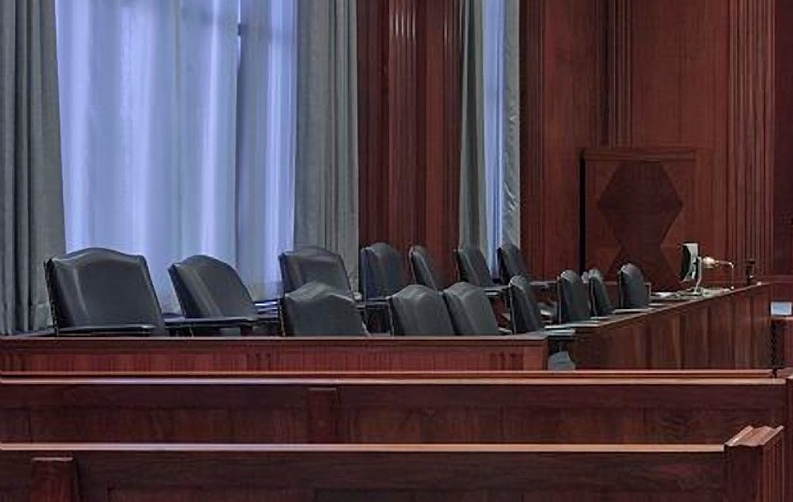-
An agreement that barred a lawyer from soliciting clients within a geographic area was unenforceable after the lawyer left the firm under the rules governing the professional conduct of attorneys.
-
An agreement prohibiting a former associate attorney from soliciting clients of the firm after his resignation may be enforceable in New York, thus a case alleging a breach of that agreement could proceed to trial.
-
Attorney Rule of Professional Conduct 5.1 that prohibits restrictions on the practice of law is unlikely to shield non-attorneys who act on behalf of a lawyer from liability.
Can a lawyer be prohibited from soliciting the clients of his former firm? The general rule is that restrictions on the practice of law, including any non-competition agreements, are void and unenforceable.
It came as a surprise to me, therefore, that the appellate division in the first department in New York had affirmed the trial court’s decision that let a case go to trial alleging the breach of a non-solicitation agreement signed by a former lawyer.
The case is Feiner & Lavy v. Zohar. Here are the three most important holdings in the decision. First, an agreement prohibiting a former associate of a law firm from competing with his former employer within 90 miles of New York City was void and unenforceable. Continue reading
 The Business Divorce Law Report
The Business Divorce Law Report


